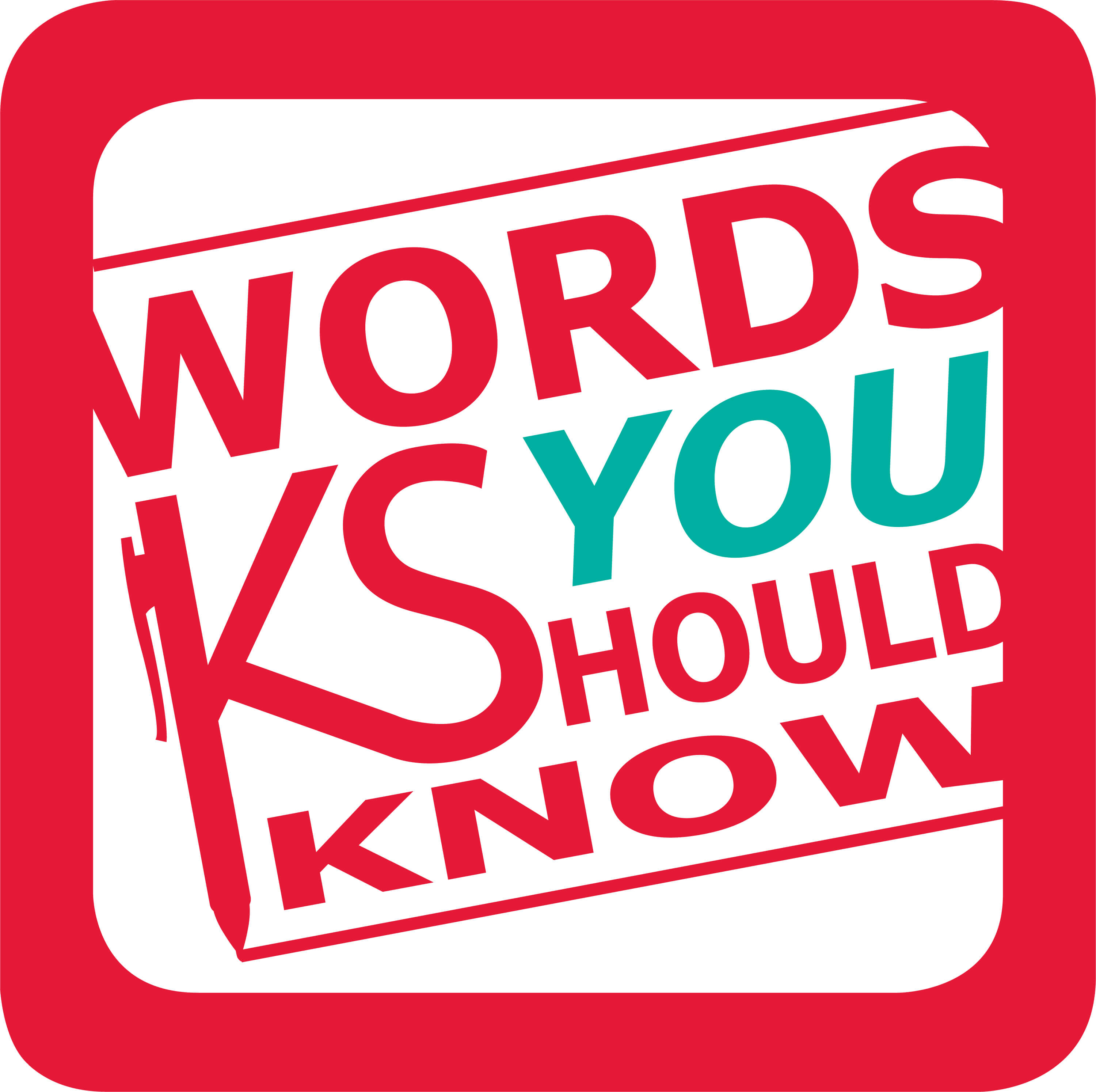
Words. Language. Communication. Let’s do this thing.
Episode 1: “Never Mind” vs. “Nevermind” (or how Kurt Cobain changed spelling for a generation)
Podcast: Play in new window | Download
Approximate transcript:
Love him or hate him, but you can partially credit Kurt Cobain for a shift in spelling that has occurred in the past twenty-five or so years around this(these) word(s).
What do you think of when you hear, “Smells Like Teen Spirit,” “Come As You Are,” and “Lithium”?
Nevermind. No, I’m not discounting my last question. “Nevermind” was the name of Nirvana’s 1991 album.
What fascinates me is that parallel with this release is the growth of “nevermind” as one word, rather than “never mind,” the two word form. It didn’t start with Kurt Cobain, but there’s a good chance that this album title played a major role in this spelling shift.
The expression “never mind” goes as far back as the 1700s, when the expression “never mind it” became popular. The “it” has simply been dropped over time.
In the present day, “never mind” meanings include:
- “much less” or “let alone,” when the word/phrase is used as a conjunction, (e.g., Some don’t give Cobain credit as a musical influence, never mind as a spelling authority).
- “forget about it,” “don’t bother,” or “don’t worry about it,” when it’s used as a response, (e.g., What do you think of when you think of Nirvana? A sense of peace? Never mind.)
“Nevermind,” written as one word, began appearing as far back as the 1930s, when the original verb form stemming from “never mind it,” turned into a noun. Here’s where expressions like “It’s no nevermind of yours,” came to be, with “nevermind” being synonymous with “business” or “affair.”
The single-word version has trickled into usage since that time, transitioning into a slang form for the “don’t worry about it,” definition. But just because it is commonly used does not mean that it’s commonly accepted.
Personally, I’ve enjoyed the fact that as I’ve written this post both Microsoft Word and WordPress have flagged my spelling of “nevermind,” when I’ve used it as one word. This stresses my next point:
Always use the two-word form, “never mind,” in formal writing. “Nevermind” is only for casual use.
- For essays, business communications, and letters to your grandmother, use “never mind.”
- For casual uses like social media—or dare I say character dialogue—I’m completely comfortable with this one word form.
Note, some people argue that “nevermind” is always incorrect. I don’t agree, but it’s an important fact to be aware of.
Am I being a bit of a grammarian rebel by accepting this latter spelling? Perhaps. Is it the influence of Nirvana on my life? Probably not. I just believe there is a time and a place where casual-speak is okay (just like the spelling of “okay,” actually, rather than “OK”).
Interestingly, the Nirvana album “Nevermind,” was almost titled “Sheep.” We can only wonder about the state of “never mind” in the present day if that was the case.
Should we go further into what could have happened with the word “Sheep” if given such a spotlight? Oh, I think I’m going too far. Nevermind.
Sign-up for my monthly writing tips and English language trivia newsletter for more like this.
And don’t forget to subscribe to this podcast (via Apple Podcasts, Android, Stitcher, or RSS) so you’ll never miss out on another word you should know. Like what you heard? Rate my show on iTunes.
